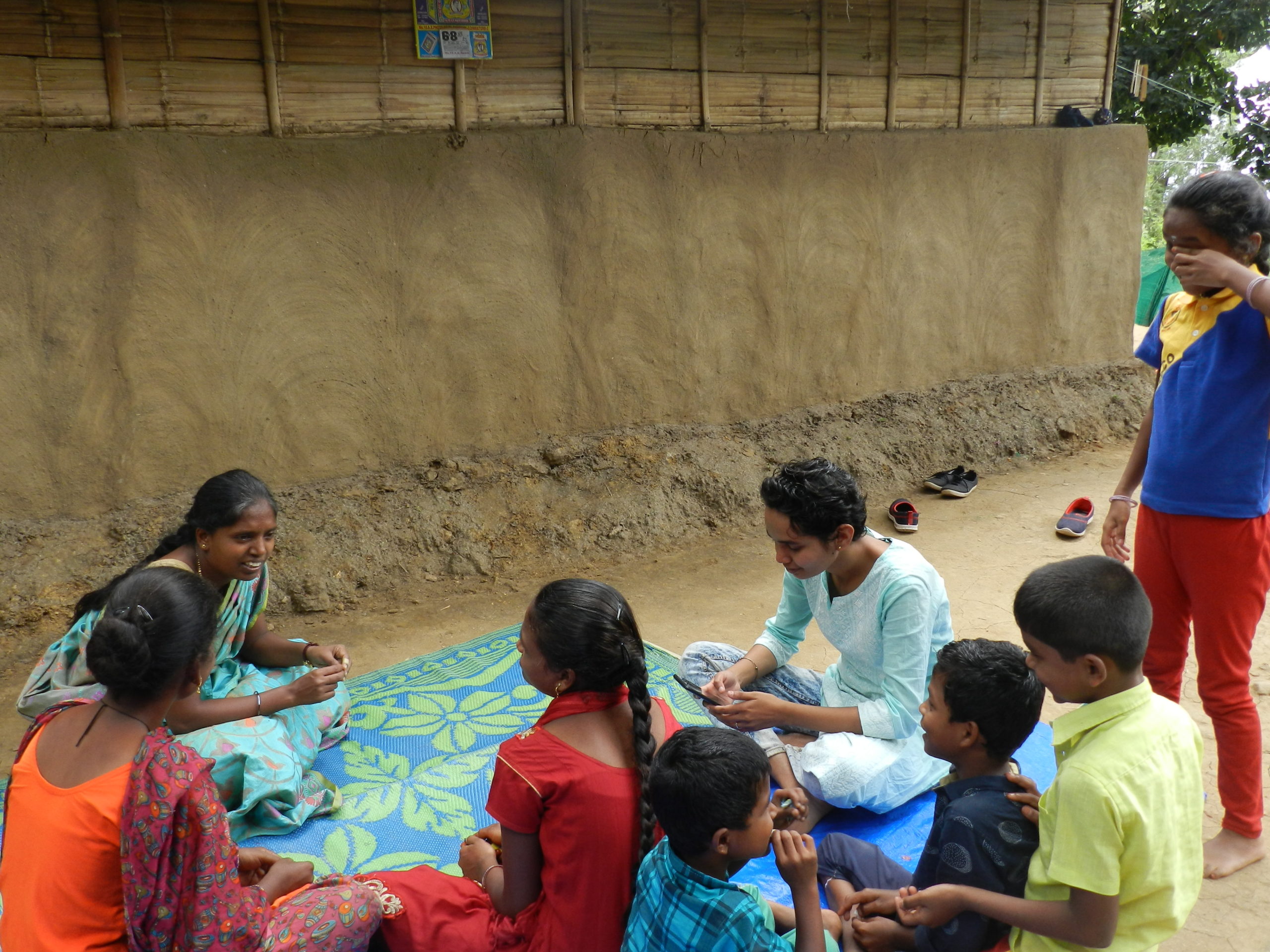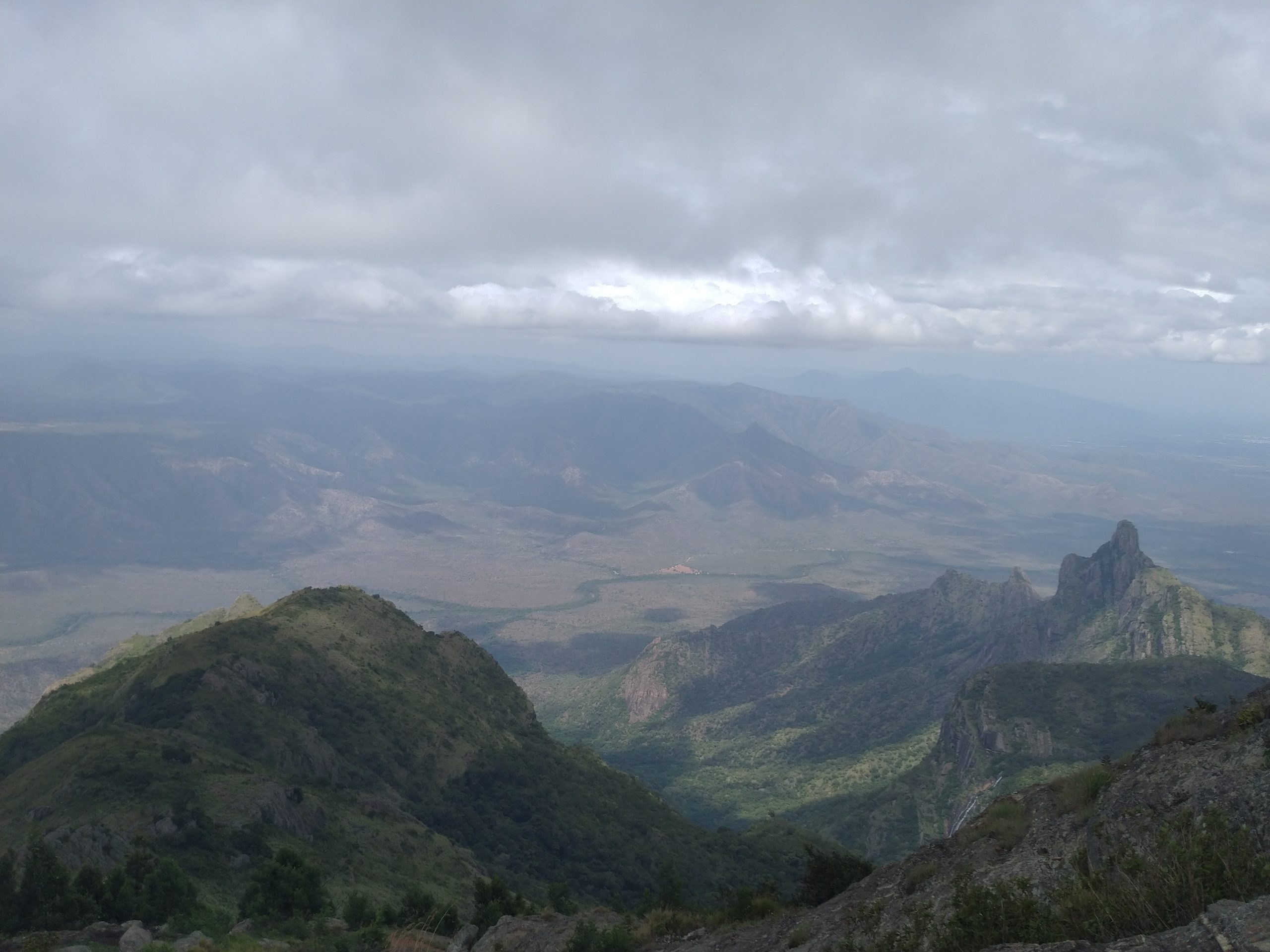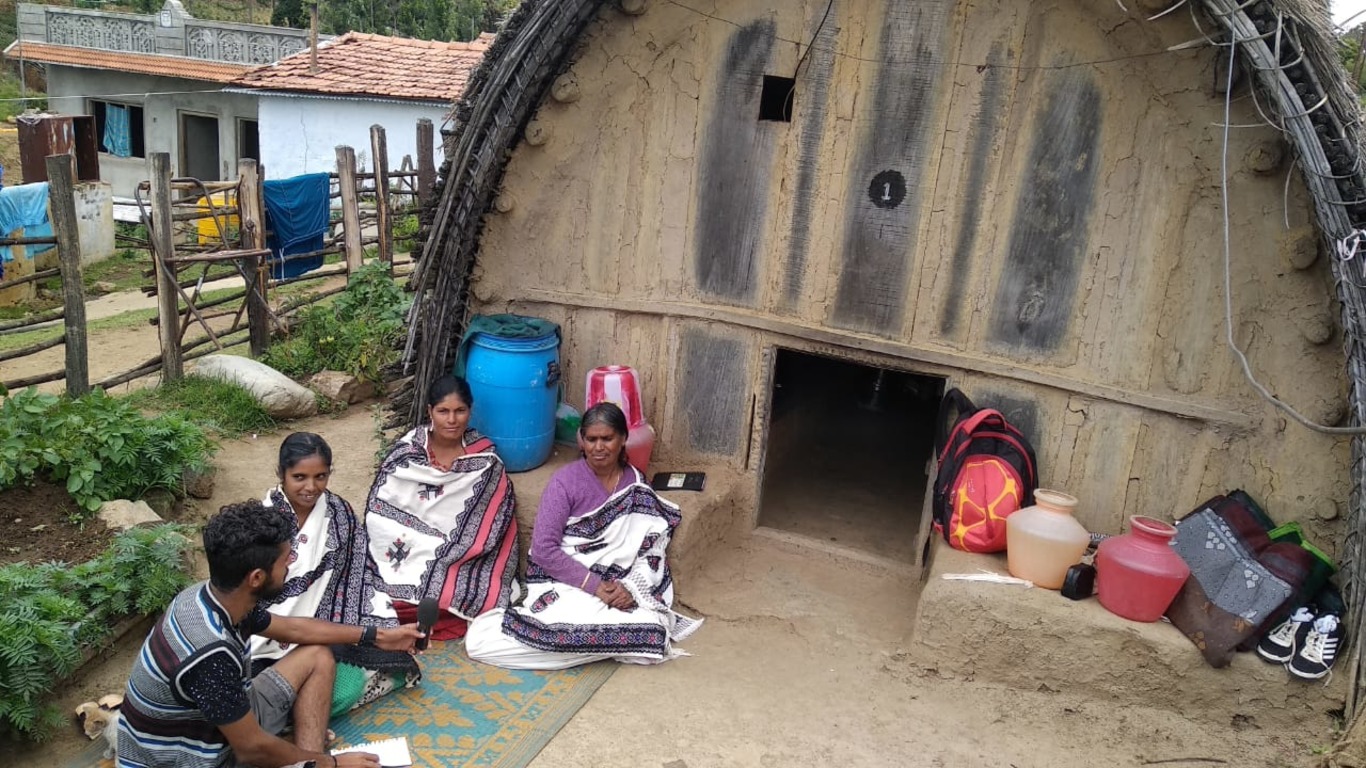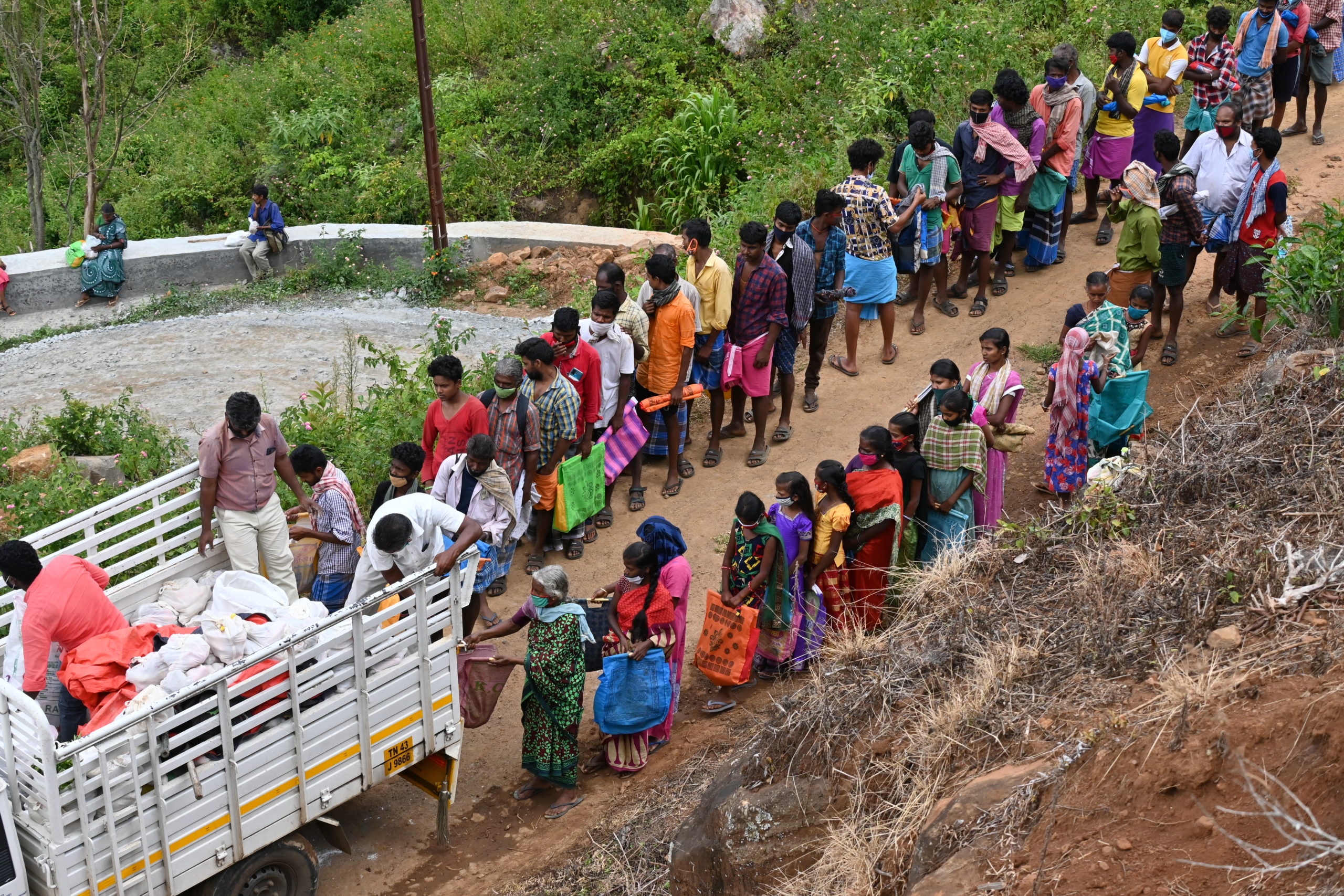Revival of traditional practices and agriculture: “During this pandemic, many changes happened in our lifestyle as we were not able to go out to work. The children in our community couldn’t take part in online education as we have no access to the internet. We started thinking of ways to stabilise our lives and this thought triggered us to start the old, traditional practices. Keystone Foundation helped us to clear our lands and distributed traditional seeds for cultivation. This brought a revival in agricultural practices and helped us to meet our food necessities.”
Vaccine hesitancy in the community: “Many were not ready to take vaccines fearing death. People also had many superstitious beliefs about Covid. They believed it was not a virus but God’s wrath upon us. Only after an awareness campaign was conducted by the District Administration that everyone decided to get vaccinated.”








